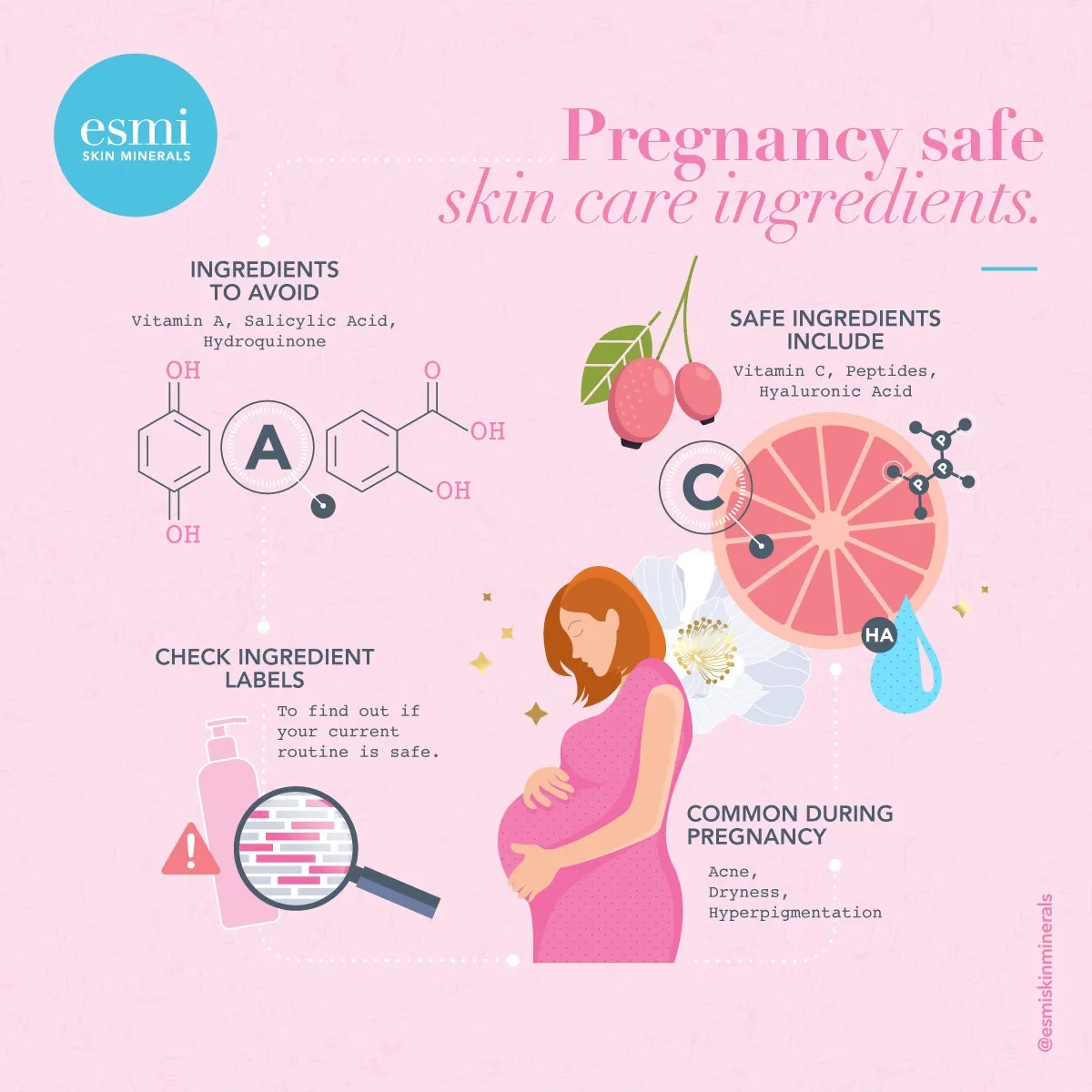Why Teeth Whitening Concerns Arise During Pregnancy
Pregnancy brings about numerous physiological changes, and many women become naturally concerned about the safety of various procedures, including teeth whitening. The primary concern revolves around the potential impact of the whitening agents on the developing fetus. While the direct effects of teeth whitening products on a fetus haven’t been extensively studied, the precautionary principle often guides the choices of pregnant women and their healthcare providers. The shift in hormones throughout pregnancy can influence oral health, creating additional layers of complexity when contemplating any dental treatment. Additionally, the heightened sensitivity experienced by many pregnant women makes them more susceptible to discomfort or adverse reactions.
Hormonal Changes & Oral Health
During pregnancy, a surge in hormones, particularly estrogen and progesterone, can significantly affect oral health. These hormonal fluctuations can make the gums more sensitive and prone to inflammation. This heightened sensitivity can lead to an increased risk of developing gingivitis, a mild form of gum disease. Pregnant women often experience increased blood flow to the gums, which, combined with hormonal changes, can exacerbate gum inflammation. Understanding these hormonal influences is crucial when evaluating the safety of any dental procedure during pregnancy, as the body’s response can be considerably altered.
Gum Sensitivity
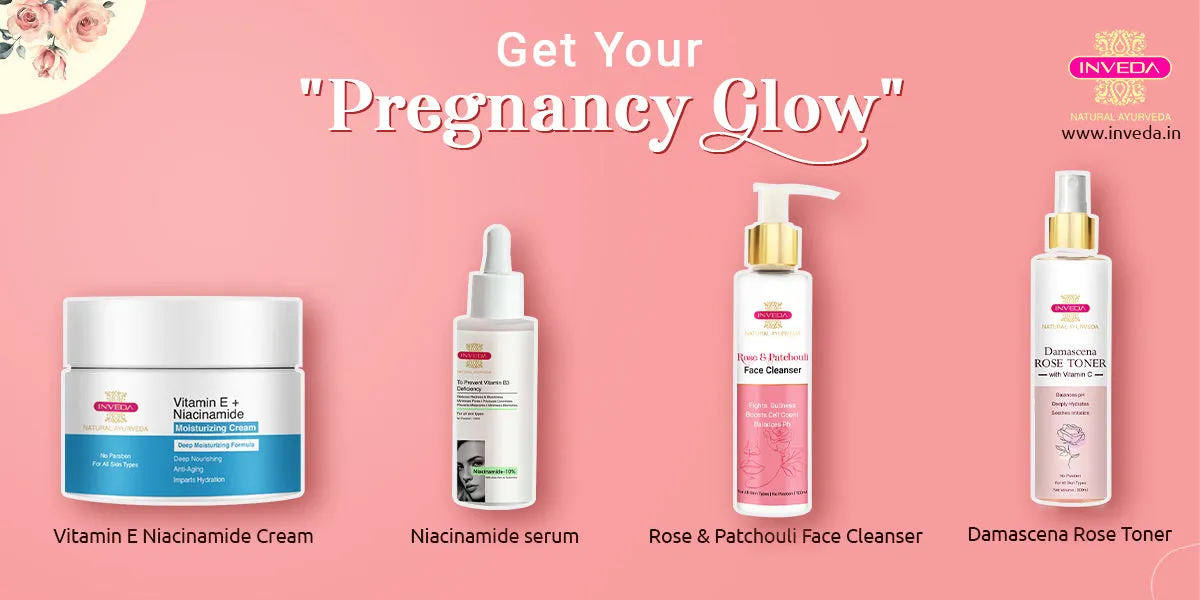
Gum sensitivity is a common complaint during pregnancy. The increased blood flow and hormonal changes contribute to gums becoming more tender and easily irritated. This sensitivity can make even routine brushing and flossing uncomfortable. The chemicals in some teeth whitening products might exacerbate this sensitivity, leading to further discomfort. As a result, pregnant women should be cautious and consider gentler alternatives when seeking to brighten their smiles, ensuring they prioritize comfort and the well-being of their oral tissues.
Increased Risk of Gingivitis
The hormonal shifts during pregnancy heighten the risk of gingivitis, an early form of gum disease characterized by inflamed and bleeding gums. This condition is more prevalent in pregnant women due to the body’s altered response to bacteria in the mouth. If gingivitis is left untreated, it can progress to more severe forms of gum disease. Therefore, maintaining good oral hygiene, regular dental check-ups, and avoiding irritants are vital during pregnancy. Teeth whitening products may contain ingredients that could potentially aggravate this condition.
Understanding the Ingredients in Whitening Strips
Teeth whitening strips typically contain active ingredients that help remove stains and brighten teeth. The most common agents include hydrogen peroxide and carbamide peroxide. These chemicals work by penetrating the enamel and breaking down the stain molecules. When considering the safety of these products during pregnancy, it is essential to understand the potential impact of these substances on both the mother and the developing baby. The concentrations of these ingredients can vary among different products, influencing their effectiveness and safety profile.
Hydrogen Peroxide and Pregnancy
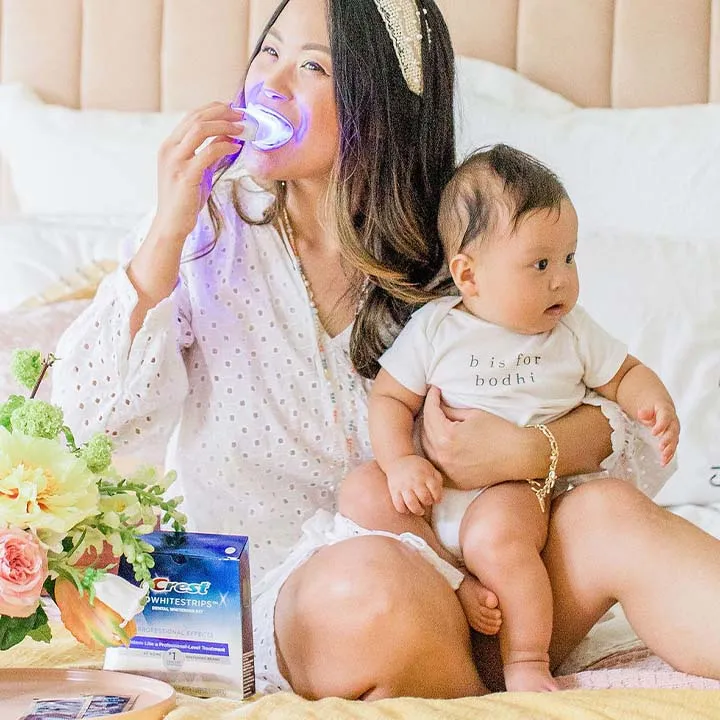
Hydrogen peroxide is a primary active ingredient in many teeth whitening products. While low concentrations are generally considered safe for short-term use in adults, the effects on a developing fetus are not fully established. The primary concern stems from the possibility that a small amount of the substance could be ingested or absorbed through the gums. Given the lack of extensive research and potential risks, many healthcare professionals advise pregnant women to avoid or limit the use of hydrogen peroxide-based whitening strips.
Carbamide Peroxide and Pregnancy
Carbamide peroxide is another commonly used whitening agent, which breaks down into hydrogen peroxide. The safety profile of carbamide peroxide during pregnancy is similar to that of hydrogen peroxide, with limited research and potential risks. Therefore, pregnant women should exercise caution and consult with their dentist before using products containing this ingredient. The potential for ingestion and absorption through the gums remains a concern, making it essential to weigh the benefits against the potential risks to the developing baby.
Other Potential Ingredients
Beyond the main whitening agents, whitening strips may contain other ingredients, such as stabilizers, flavorings, and adhesives. These components may also raise safety concerns during pregnancy. Some products may include additives that could potentially trigger allergic reactions or cause irritation. Always review the full ingredient list of any teeth whitening product, and if unsure, consult with your dentist or healthcare provider. Opting for products with fewer additives and known safety profiles can minimize potential risks during pregnancy.
Safer Teeth Whitening Alternatives for Pregnant Women
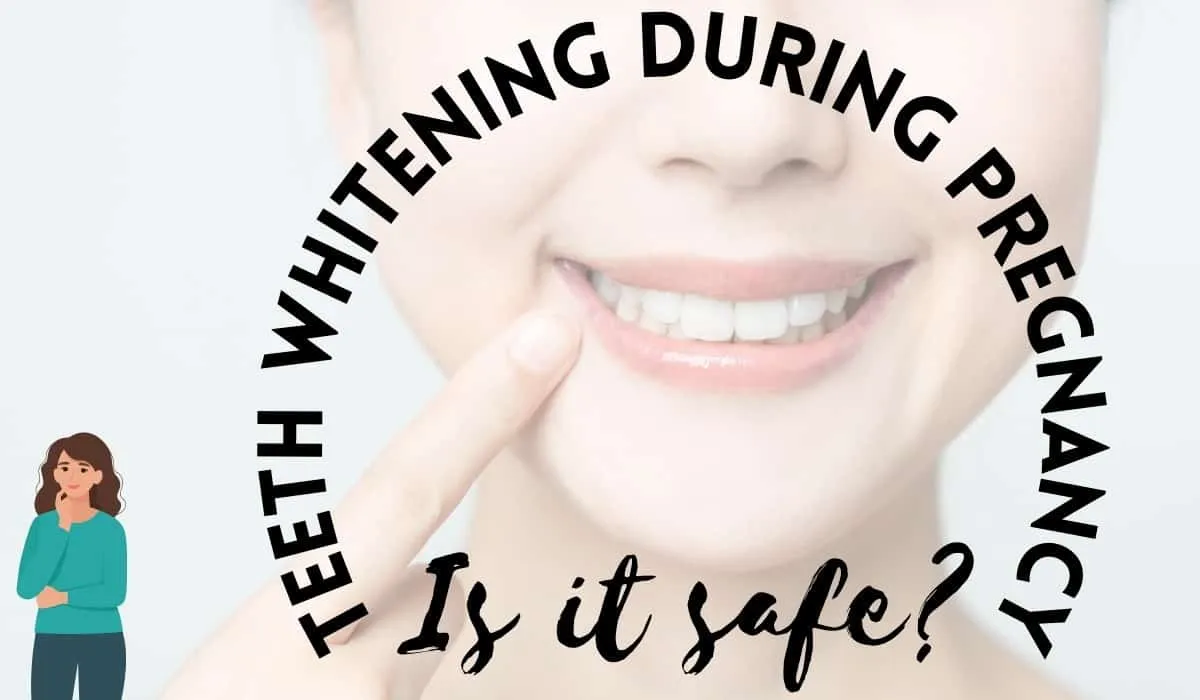
Fortunately, several safe and effective alternatives can brighten your smile during pregnancy. These alternatives help maintain oral health without the potential risks associated with chemical whitening agents. Many pregnant women choose these methods to ensure both their well-being and the health of their developing baby. Discussing these options with your dentist is always a good practice.
Professional Teeth Cleaning
Regular professional teeth cleaning is a safe and effective way to enhance the appearance of your teeth during pregnancy. A dental hygienist can remove surface stains caused by food and drinks, leaving your teeth looking cleaner and brighter. Professional cleanings are gentle and do not involve harsh chemicals. They also help in maintaining good oral hygiene, which is crucial during pregnancy. Regular cleanings can prevent the buildup of plaque and tartar, reducing the risk of gingivitis and other oral health issues.
Over-the-Counter Whitening Toothpastes
Whitening toothpastes can be a gentle way to remove surface stains. These toothpastes typically contain mild abrasives or low concentrations of whitening agents. They are generally considered safe for use during pregnancy. However, it’s essential to choose a toothpaste specifically designed for sensitive teeth if you experience increased gum sensitivity. Look for products that are fluoride-based to help protect your teeth from cavities. Consulting with your dentist before using any new toothpaste is always a good idea.
Oil Pulling
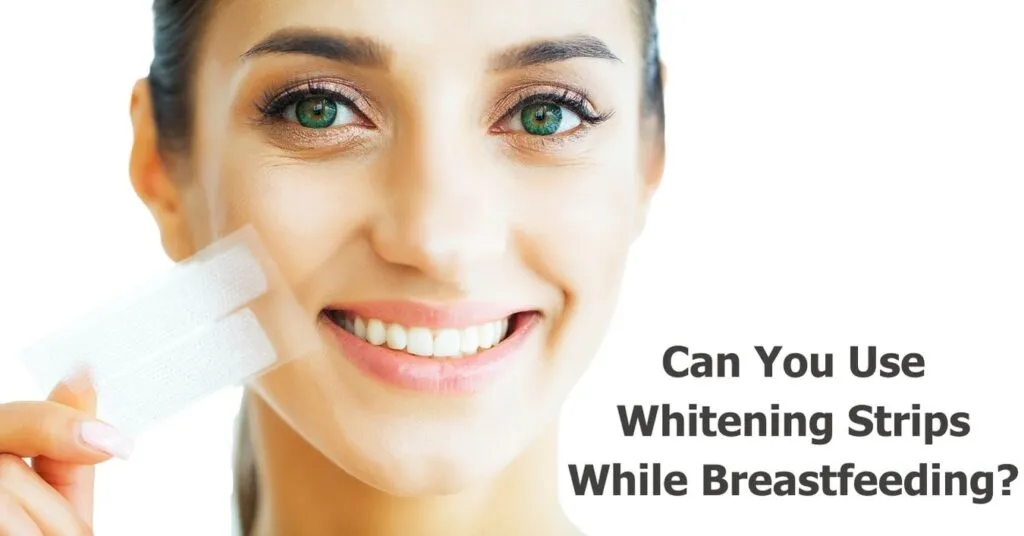
Oil pulling is an ancient practice that involves swishing oil (usually coconut oil) in the mouth to remove bacteria and promote oral health. While not a direct whitening method, oil pulling can improve the overall appearance of teeth by removing plaque and reducing inflammation. Coconut oil is known for its antibacterial properties, and oil pulling can contribute to fresher breath and healthier gums. This method is generally considered safe during pregnancy, but it is always advisable to consult your dentist before starting any new oral health practice.
Important Considerations Before Whitening
Before considering any teeth whitening procedure during pregnancy, it is vital to consult with your dentist. They can assess your oral health, discuss the potential risks and benefits, and provide personalized recommendations. A dental professional can determine whether teeth whitening is appropriate for you, given your specific circumstances. Furthermore, they can guide you toward safe and effective alternatives. Always prioritize your health and the health of your baby by seeking professional advice.
Consulting with Your Dentist
Your dentist is the best resource for making informed decisions about teeth whitening during pregnancy. They can evaluate your oral health, identify any existing dental issues, and discuss the potential risks and benefits of different whitening options. They can also recommend safe alternatives and provide tailored advice based on your individual needs. During your consultation, make sure to discuss any concerns or questions you have regarding teeth whitening and pregnancy.
Assessing Your Oral Health
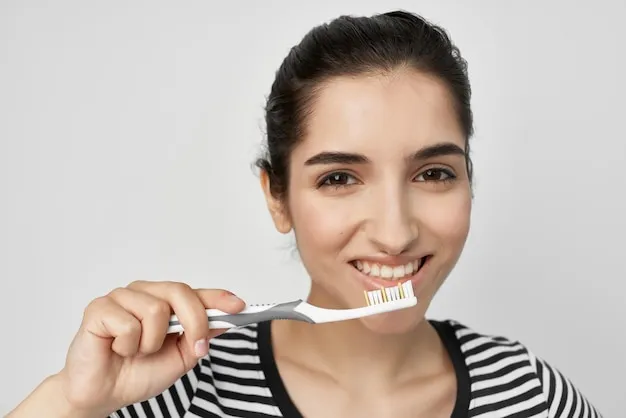
A comprehensive oral health assessment is critical before pursuing any teeth whitening treatment. Your dentist will examine your teeth and gums for any signs of disease, such as cavities or gingivitis. They will also assess the overall condition of your teeth, including the presence of fillings, crowns, or veneers. The results of this assessment will help determine whether teeth whitening is suitable and if any preliminary treatments are needed. Ensuring your oral health is in optimal condition is essential before any cosmetic procedure.
When to Avoid Teeth Whitening
In certain situations, it’s best to avoid teeth whitening during pregnancy. If you have active gum disease or other oral health problems, it is advisable to postpone any whitening procedures until these issues are addressed. Additionally, if you experience significant tooth sensitivity, whitening may exacerbate the problem. Your dentist will help determine the best course of action based on your specific circumstances, prioritizing your and your baby’s well-being. When in doubt, it is always best to err on the side of caution and wait until after pregnancy.
Maintaining a Healthy Smile During Pregnancy
Maintaining a healthy smile during pregnancy involves a combination of good oral hygiene practices and regular dental check-ups. Brushing your teeth twice a day with fluoride toothpaste and flossing daily are essential for removing plaque and preventing dental problems. Eating a balanced diet and limiting sugary snacks can also help reduce the risk of cavities. Attending regular dental appointments for cleanings and check-ups is crucial for early detection and treatment of any oral health issues. Prioritizing oral health during pregnancy ensures that both you and your baby remain healthy.
In conclusion, while teeth whitening can be a popular cosmetic procedure, it is crucial to exercise caution during pregnancy. The potential risks to the developing fetus and the increased sensitivity of gums warrant careful consideration. Consulting with your dentist, choosing safe alternatives like professional cleaning and gentle toothpastes, and prioritizing good oral hygiene are key to maintaining a healthy and bright smile during this special time. Always prioritize the health of you and your baby by making informed decisions and seeking professional guidance.
